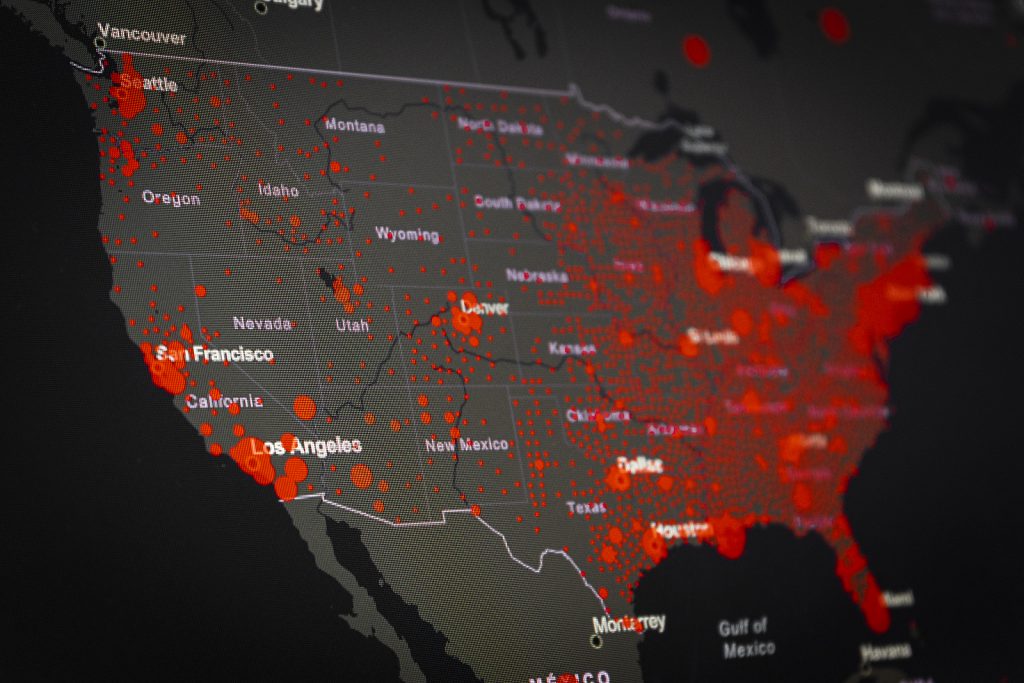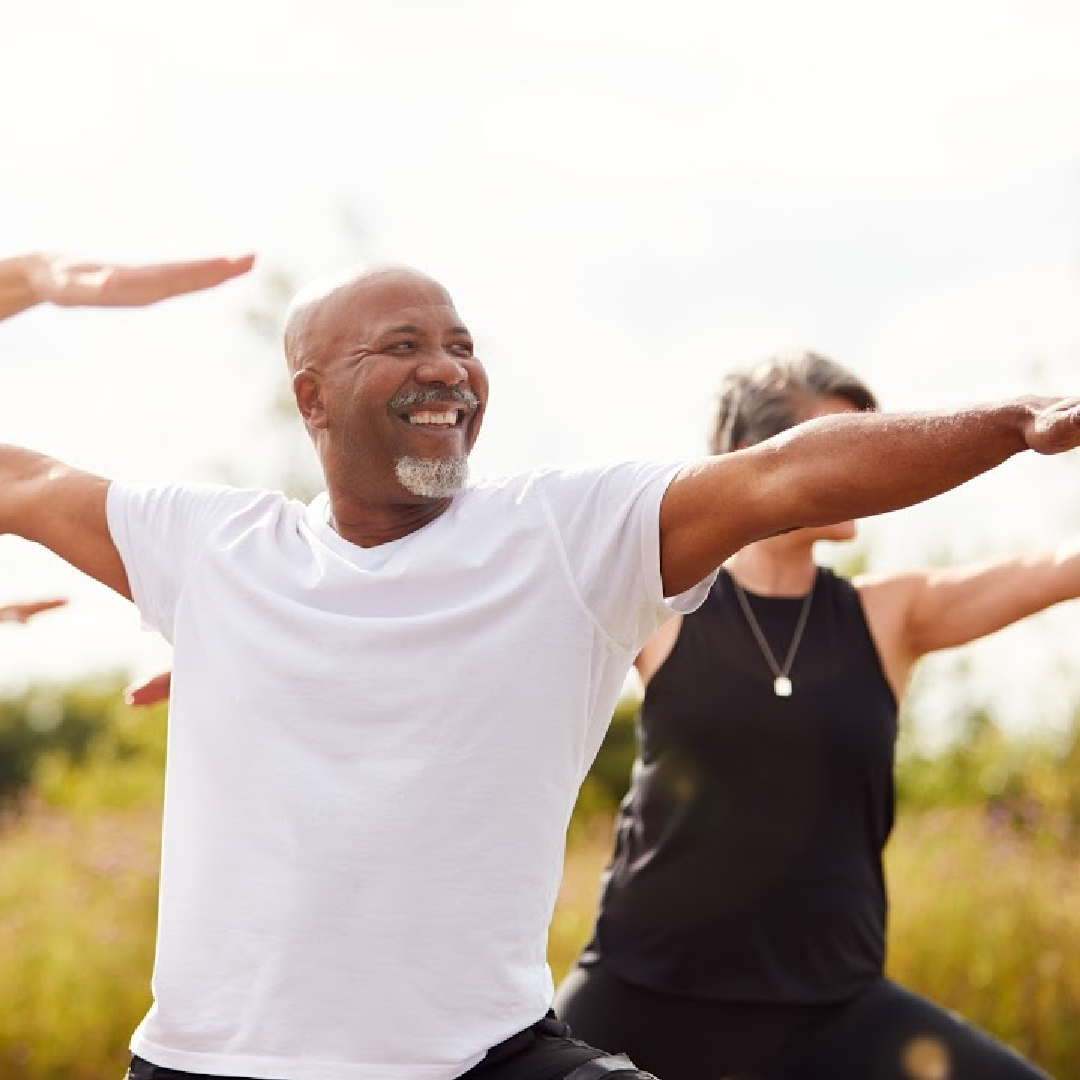
The year 2020 will be known for the global pandemic. Unfortunately, COVID-19 has struck terror at a worldwide level, and things don’t seem to look good for us just yet.
The current situation caused many businesses to shut and schools to go into lockdown mode. Both adults and children are dealing with a sense of fear, anxiety, and uncertainty.
This period has been particularly tough for us. A city like ours that is bustling all year through is now witnessing a sharp decline in gathering and big venues. Local and national events have seen cancellations, and tourism has seen a massive dip due to the global restrictions on movement.
However, things are slowly beginning to turn around. The ‘new normal’ is in place, and we’re finding ways to deal with this situation in the best manner possible.
What is an Outbreak?
An outbreak is unexpected, usually sudden, increase in the number of people with a disease in a specific geographical area. A disease outbreak is generally caused by an infection, but the cause may be unknown or due to exposure to a toxin. An epidemic has the same definition as an outbreak but generally refers to a larger geographical area.
A pandemic is similar to an epidemic but occurs suddenly and spreads quickly over a wide geographic area, affecting a large population.
(WebMD, 2020)
The importance of outbreak prevention:
Any outbreak can have an all-round devastating effect. The key to control transmission is early detection and comprehensive intervention.
The new coronavirus is officially called SARS-CoV-2. The evidence shows that SARS-CoV-2 may be transmitted more quickly and cause life-threatening illness in some people. Like other coronaviruses, it can survive in the air and on surfaces long enough for someone to contract it.
Coronavirus (COVID-19) Prevention, 2020
In our city, tourism and entertainment drive the economy. It has become critical that we make the health and safety of everyone a top priority and balance safe health practices with commerce.
How to protect yourself and others:
Some of the most effective ways to help prevent the spread of most diseases that are transmitted like COVID-19 are:
Good personal hygiene
Wear a mask when you are in a crowd of people. The mask must be well-fitting, and it should cover your nose and mouth entirely. Also, cover your mouth and nose with a tissue when sneezing or coughing. Throw it in the bin immediately after use.
Maintain social distancing
Social distancing refers to the steps one takes to slow down or stop a contagious disease from spreading. In case you step out, keep a distance of at least 6 feet between yourself and the other person.
Wash your hands frequently
Wash your hands with soap and water for at least 20 seconds, primarily if you’ve handled things that have come from outside your home.
Stay indoors
It’s essential to limit your travel plans and places where disease is not well maintained. The coronavirus spreads mainly from person to person. It can happen between people who are in close contact with one another. If a person is not a close friend or family member, err on the side of caution and practice safe interaction.
(Harvard Health, 2020)
Steps for Outbreak Prevention
We’ve begun preparing for and are gearing up for cold and flu season by taking all possible steps for outbreak prevention. Here are some extra things you can do to stay safe:
Remote check-in at hotels
Earlier mobile check-in was most popular with business travelers, but not even leisure guests are increasingly choosing this option. Many hotels have started giving their guests the option of a remote check-in.
By using an app, a guest can check in remotely, and they get a virtual room key on the phone. Waving this virtual key in front of a reader on the door, allows the guest to enter the room. Apart from making the check-in process much quicker, this option is also a practical idea to practice social distancing norms.
Outbreak prevention, response, and recovery accreditation
Restaurants, hotels, and other social establishments are looking to reopen safely while following government guidelines. Each state has it’s own set of written reopening guidelines to help businesses and consumers navigate common areas again.
These times may be tough, challenging, and unexpectedly tricky, but we remain hopeful. We must remember to actively work on creating a safe environment for ourselves, our work colleagues and those we love. We have a new consciousness about us that we will never forget. If you feel unsafe, make the call, and do what feels right when it comes to your health and safety. Knowing your options gives you the upper hand when it comes to disease control and prevention.
Works Cited
“What Is an Outbreak?” WebMD. Ed. Brunilda Nazario. N.p., 11 Aug. 2020. Web. 20 Aug. 2020. https://www.webmd.com/lung/qa/what-is-an-outbreak
Iftikhar, Noreen. “Coronavirus (COVID-19) Prevention.” N.p., 04 June 2020. Web. 20 Aug. 2020. https://www.healthline.com/health/coronavirus-prevention
Publishing, Harvard Health. “Preventing the Spread of the Coronavirus.” Harvard Health. N.p., Mar. 2020. Web. 20 Aug. 2020. https://www.health.harvard.edu/diseases-and-conditions/preventing-the-spread-of-the-coronavirus
 10 Future of Wellness Trends
10 Future of Wellness Trends
